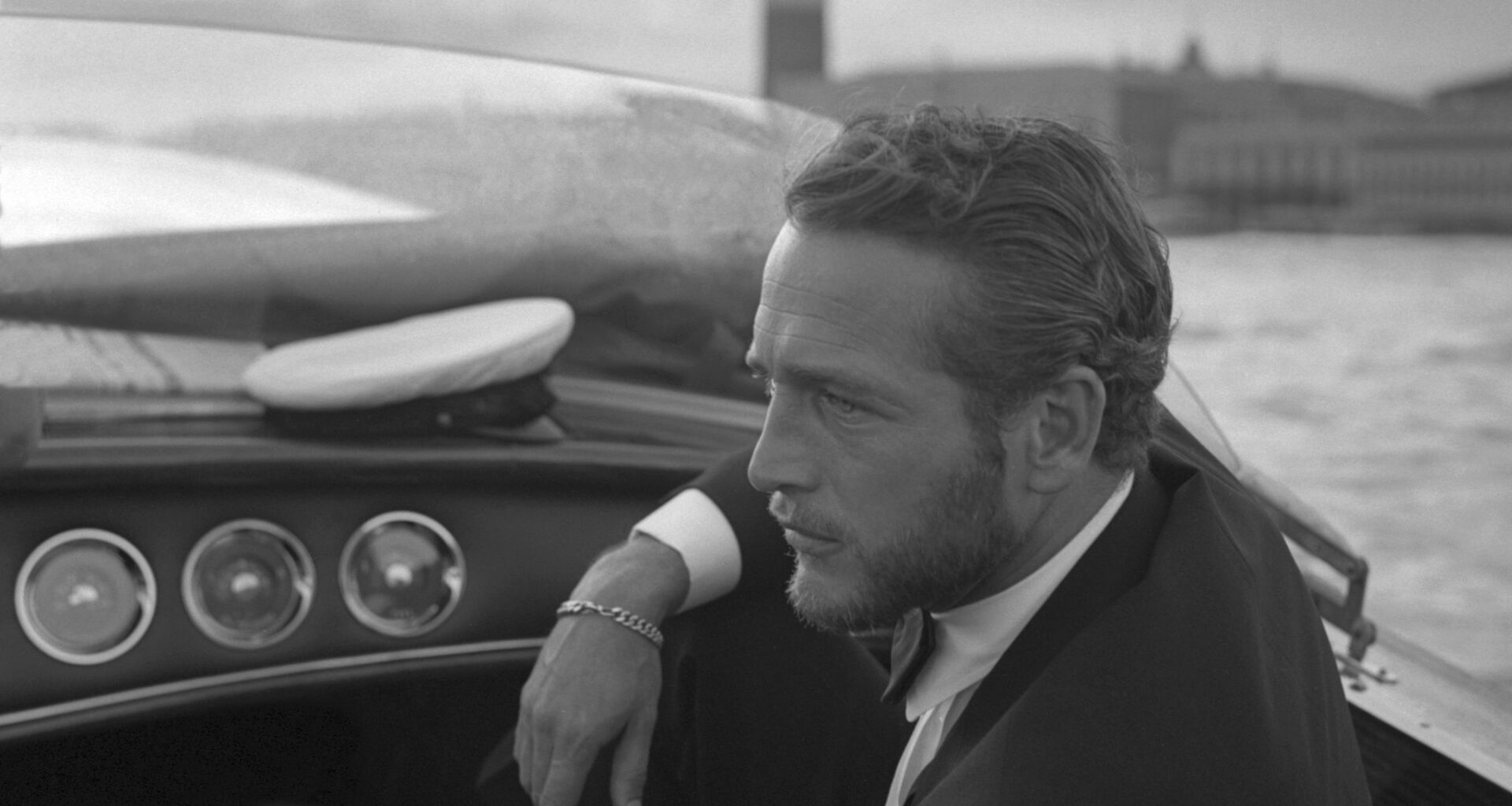I don’t think I had ever reflected on why the Generation of people born between 1900 and 1925 was called the Greatest Generation. If I had, I guess I would have thought (foolishly) that it had something to do with the era, not the inner beliefs and common traits held by people born during the same quarter of a century.
It was really a chance encounter; I was reading a book, not at all connected to that topic. In the book, the author included a historical anecdote, also not connected to the Greatest Generation. Instead, it was the story of Julius Caesar as he was on the precipice of a decision that would alter the course of history.
It was early January 49 BC. Caesar stood by the Rubicon, a river that represented the boundary no general could cross with an army toward Rome; Caesar was acutely aware of the magnitude of his next action. The Senate had effectively turned against him, and to cross the Rubicon was to declare war.
Alea iacta est
Julius Caesar
The commonly cited phrase, “Alea iacta est” (“the die has been cast”), attributed to Caesar at this moment, encapsulates a stoic acceptance of fate combined with the courage to confront it head-on. This wasn’t a rash gamble but a calculated assertion of autonomy against a backdrop of political machinations and the looming threat of personal ruin.
This historical moment echoes through time, especially when juxtaposed with today’s world, marked by its own forms of conflict, uncertainty, and the pervasive unease cultivated by our digital existence. Despite our era’s advancements, which afford us unprecedented longevity and comfort, one wonders if we possess the stoic resolve that defined the Greatest Generation and figures like Caesar. They faced existential threats with a composure that now seems Herculean. In contrast, our society often appears fragile, undone by the minor inconveniences of daily life rather than galvanized by the challenges we face.
Yet, as I delve deeper into the ethos of the Greatest Generation, my admiration only grows. Figures like Paul Newman, Frank Sinatra, and Marlon Brando, who navigated personal and public trials with a blend of stoic grace and undeniable cool, reflect a broader, collective resilience. They remind us that true strength lies not in avoiding adversity but in facing it with dignity, making decisions with the full weight of their consequences in mind, much like Caesar at the Rubicon.
Cue rabbit hole. This is where I started reading about Stoicism. The Wikipedia definition will have to do for now:
“Stoicism teaches the development of self-control as a means of overcoming destructive emotions; the philosophy holds that becoming a clear and unbiased thinker allows one to understand the universal reason (logos).” The Stoics provided a unified account of the world, constructed from ideals of logic, monistic physics, and naturalistic ethics. Of these, they emphasized ethics as the main focus of human knowledge, though their logical theories were of more interest for later philosophers.
It’s in this context that my admiration for the Greatest Generation—those who lived through the Great Depression and the horrors of World War II with a stoic resolve—deepens. Their era, marked by genuine existential threats, contrasts sharply with our current state, where, despite our advancements, our resilience seems to falter in the face of comparatively minor setbacks (bar countries like Ukraine and many others that are at war). Figures like Paul Newman, Frank Sinatra, and Marlon Brando, with their cool outer demeanor and inner strength, epitomize this bygone era’s spirit, teaching us that real coolness isn’t just about facing the camera with a steady gaze but about confronting life’s harshest realities with unwavering grace.
Sure, they weren’t without their controversies. Every human has their baggage, their complexities that make them all the more real. I remember this Generation being “strong-handed” and far from sensitive.
Yet, despite this, or perhaps because of it, my awe for their character and what they represented only grows. These were individuals who, much like their peers, faced the tumult of the Great Depression and the horrors of World War II with a kind of dignity and resolve that feels almost mythical now.
Winston Churchill, a name synonymous with this era’s gritty resilience, once said, “Success is not final, failure is not fatal: It is the courage to continue that counts.” This quote, to me, perfectly encapsulates the spirit of the Greatest Generation. Their success was not in their victories alone but in their unwavering determination to press forward, to rebuild from the ashes of war and economic despair. They understood sacrifice, not as a concept, but as a lived reality. Theirs was a world where the collective good often outweighed personal desires, where unity and hard work were not just ideals but necessities for survival.
Their humility and gratitude, characteristics that shone through even the darkest times, are qualities that deeply resonate with me, especially now as a parent trying to instill similar core values in my children. The Greatest Generation didn’t seek accolades for their sacrifices; they simply did what they felt was necessary, with a grace that made it seem almost effortless. This stoic approach to life’s challenges, paired with an undeniable coolness in the face of adversity, is something that seems increasingly rare.
Reflecting great people from that time, it’s not just their talent or charisma that stands out; it’s their embodiment of an era’s ethos. They, like many of their contemporaries, navigated personal and public battles with a kind of poise that belied the internal and external tumults of their time.
As we move further away from that era, the clarity of why they are, and should always be, called the Greatest Generation only sharpens. In a world that increasingly values the individual over the collective, their example serves as a poignant reminder of what can be achieved when we come together, shoulder to shoulder, united by common goals and shared sacrifices.
Their legacy, a testament to the strength of the human spirit, leaves an indelible mark on history. We may not have fully understood their value at the time, especially as younger generations came of age with different challenges and perspectives. Yet, with the benefit of hindsight and the context of our current struggles, the uniqueness and enduring relevance of the Greatest Generation become all the more apparent. We should be grateful for their contributions, for in them, we find not only a mirror of what was but a guidepost for what can be. In remembering them, we honor not just their memory, but the very ideals that can lead us forward, together, into a future that, hopefully, reflects their best qualities.





